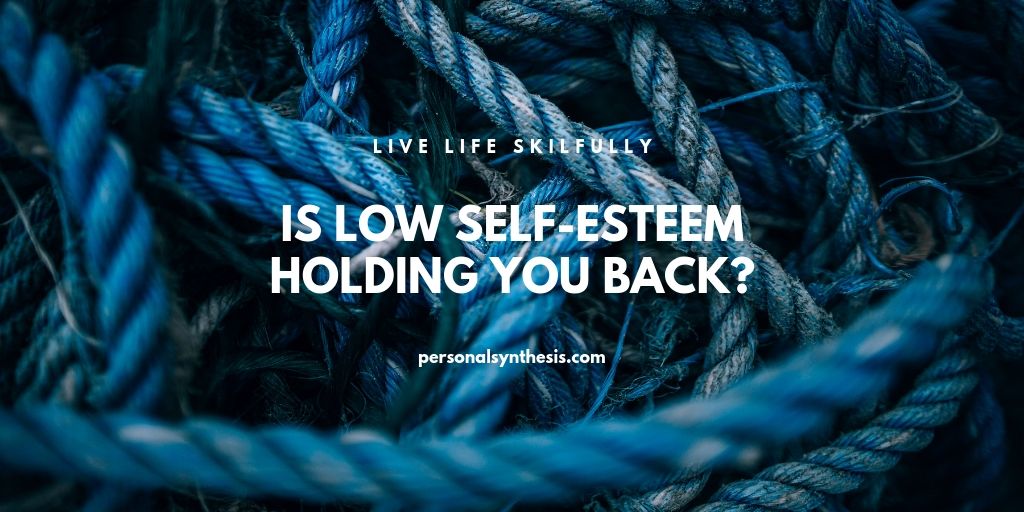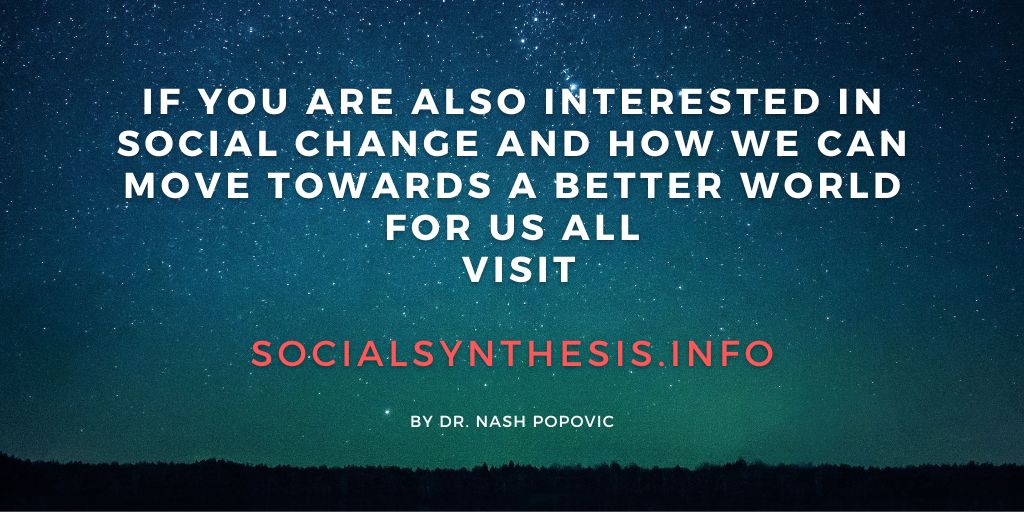Is Low Self-Esteem Holding You Back?

Written by Emma Buck
Do you have low self-esteem? It is a condition we see frequently in the counselling room, even if it is not the presenting issue.
Having low self-esteem is often an underlying contributor to many other problems, like depression and anxiety, addiction or relationship issues. Or it can be caused by life events like being made redundant, bereavement or divorce. Whatever the reason for your low opinion of yourself, recognising it and becoming aware of the effect it has on your thoughts, feelings, moods and behaviour is the first step to changing.
We all have a voice in our head that talks to us. For people with low self-esteem this self-talk is often critical – saying things like
- ‘you are not good enough’,
- ‘you are a failure’,
- ‘no-one likes you’,
- ‘you shouldn’t have said that, you sounded stupid’
If this sounds like you, have a think. Would you say those things to a friend? Would you be so harsh and critical to anyone but yourself? Learn to be a friend to yourself – let yourself off your mistakes and count your achievements and qualities.
The power of self-sabotage
A client came to me with a history of depression, addiction and suicidal thoughts. Quite early in our work together it became clear she had no opinion of herself other than as a failure. When pushed she came up with two other adjectives to describe herself – pathetic and shy. She could think of nothing else. This was her self-talk, what she told herself everyday. Imagine how being told these things about yourself every minute of every day would make you feel.
Self-awareness – develop a more realistic idea of yourself
But this person sitting in front of me had told me stories about doting on family members, tirelessly helping her brother with his small children and giving generous gifts. She was someone who was helpful around the house and a reliable employee. She was always immaculately groomed and exercised regularly. She cared about homeless people and animal cruelty. But her critical voice was so loud she could not see these things objectively as positive qualities.
Together we made a list of more positive words to describe herself – helpful, caring, thoughtful, considerate, compassionate. Did this sound like her? She agreed that it did. How did that feel? ‘Nice’.
The next step was to look at her critical words and examine them more closely.
Why ‘failure’? – Because she fails ‘everything’ she tries to do, she said. But she had stuck at the gym, getting stronger and fitter and faster. She had moved to another city to make a life by herself and she had been popular in her job roles. We were stacking up the evidence against the word ‘failure’.
Now ‘shy’ – Lots of people are shy, so why did she beat herself up about it? It turned out she had been criticised as a child for being shy and not being like her extrovert older brother. When I asked her to think more about her associations with the word ‘shy’ she thought of her nephew, who she adores. In her nephew she sees shyness as ‘a beautiful thing’. She added that people say her nephew is like her. So I reflected: ‘People say he’s like you, and you think he is beautiful.’ Put like that, she was able to see it differently. She had been unable to see the beauty in herself that she saw in others. That is low self-esteem. That negative voice is so powerful it defies all logic.
So how do we combat this powerful and destructive voice?
Here are my top 10 tips for improving self-esteem:
- Notice your self-talk. Really listen to it, pay it some attention. What does it say? Whose voice is it? How does it make you feel?
- Ask yourself if those things are really true. Look at the evidence, for and against – do you give more weight to the evidence that supports your inner critic?
- Look at the beliefs behind the thoughts – eg ‘shy is bad’. Can you reframe this belief into something more helpful? Eg ‘lots of successful people are quiet and introspective. They often have qualities more extrovert people don’t have like being creative or a good listener’.
- Self-awareness: Work out what your qualities are, with the help of a trusted friend or relative if necessary. To help, ask yourself questions like – What do people value about me? Why do people like me? What are my values? What is important to me? Make a list and look at it every day.
- Who are you? Build a well-rounded picture of yourself – good and bad points, likes and dislikes, strengths and weaknesses. No one is just one thing.
- Self-acceptance: Are you a perfectionist? Go easy on yourself, no one is perfect, all of the time. Accept your flaws – everyone has them. Be realistic.
- Try something new – go swimming, join a choir, take a walk in the park. Pushing your boundaries gently will help you feel better about yourself.
- Do the right thing, be thoughtful and kind to others. It will make you feel good, and others too. And then you can add ‘kindness’ to your list of qualities.
- Self-compassion: Be your best friend: forgive yourself your mistakes, and count your achievements.
- Remember, thoughts are just thoughts. They are not facts. You can fight back.
Self-respect, related but separate to self-esteem, may also play a part in the case presented here. For more information about self-respect please refer to the Self-valuation area in the map.
Personal Synthesis is a handy ‘one-stop-shop’ that brings together all the areas that play a vital role in our everyday lives, from self-awareness to intimate relationships. The materials are the result of twenty years of research and have evolved through the experience of running numerous personal development programmes with the general public, young people and university students.
To learn more, please visit the Personal Synthesis materials that cover this and many other topics.
Emma Buck
Emma Buck is a counsellor and personal consultant working with children in primary schools and adults in private practice. This is her second career. After 10 years as a journalist - where she worked for local newspapers, magazines and charities, covering politics and social affairs - Emma found herself looking for a new direction. It was after a spell of personal counselling that she had her 'a-ha' moment and decided to become a counsellor herself. She recently completed MSc in Integrative Counselling and Coaching, the only programme of its kind in the world. Emma works from a humanistic and person-centred perspective but integrates other counselling and coaching approaches as necessary, with a particular interest in narrative theory. Her research examined how combining counselling and coaching could help older people.



